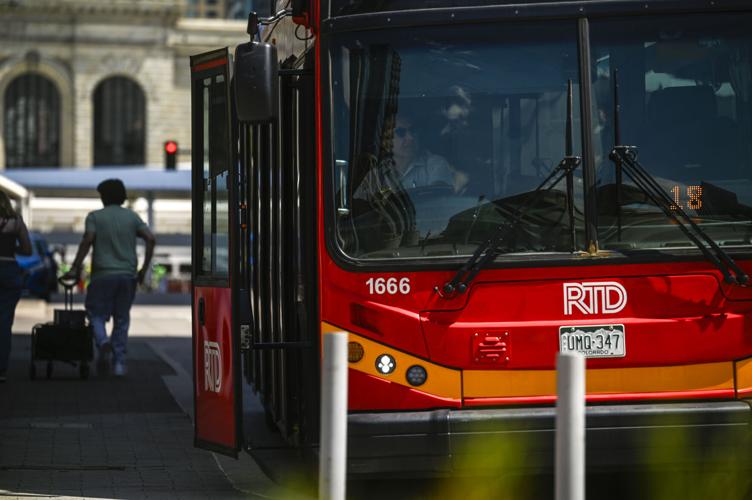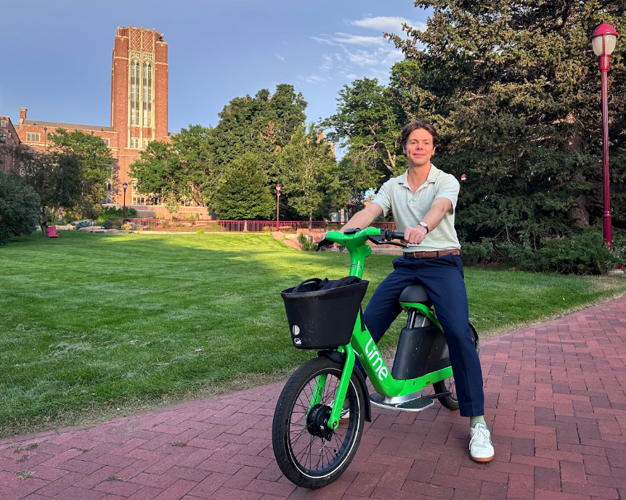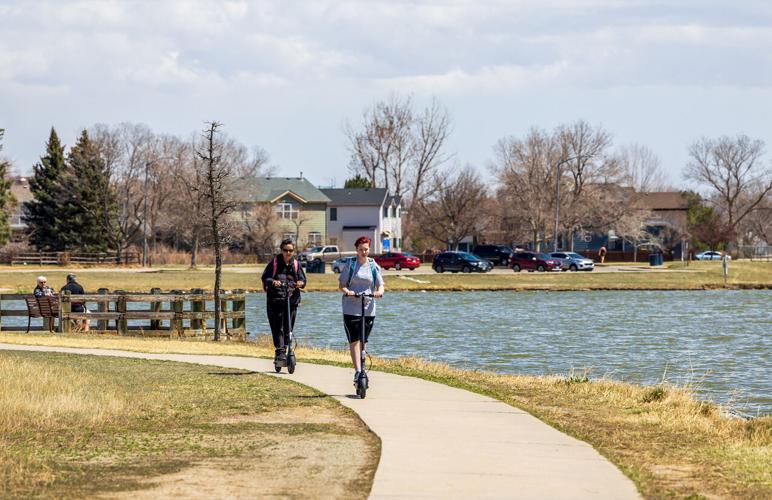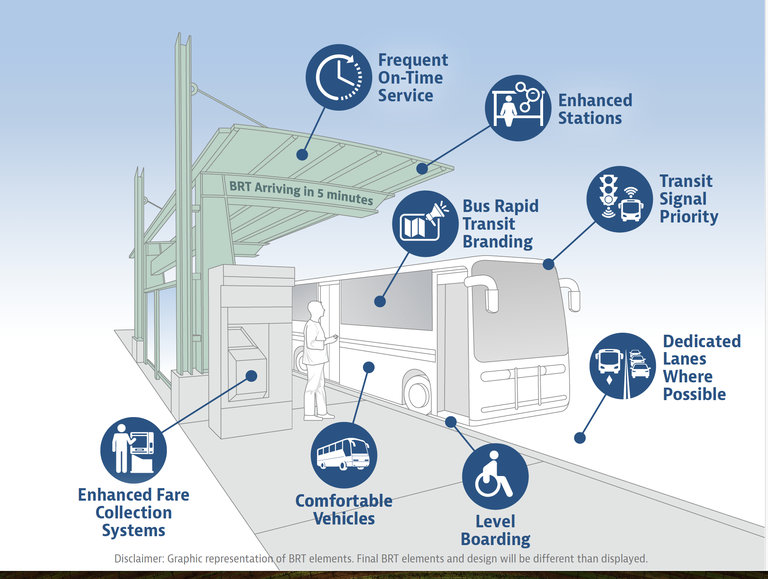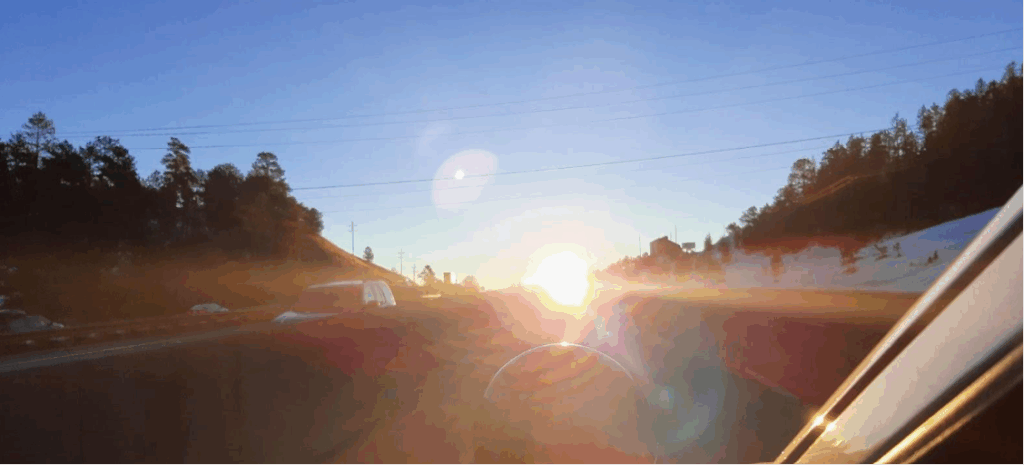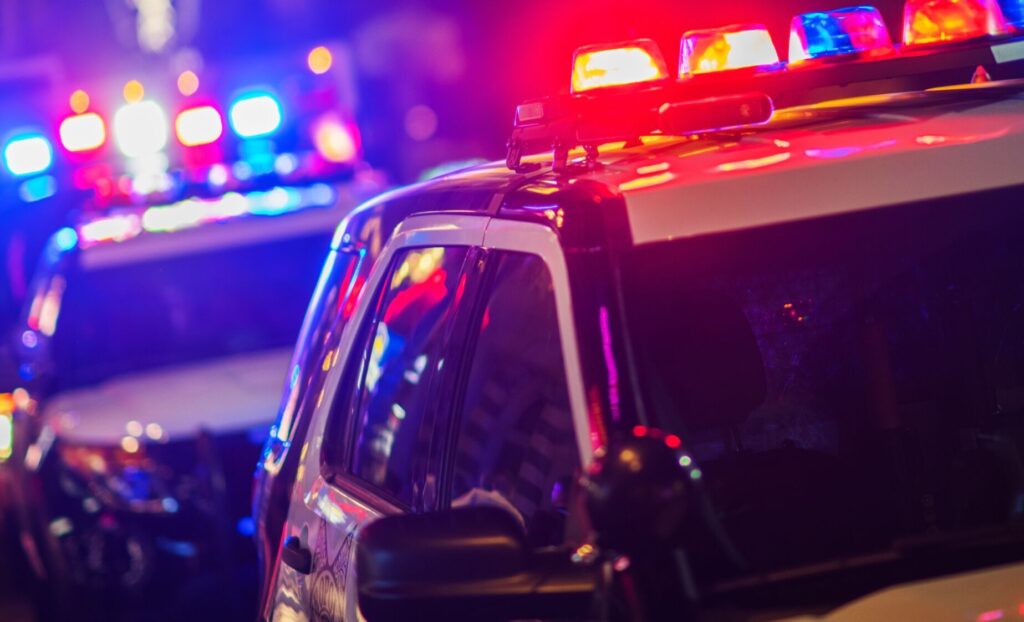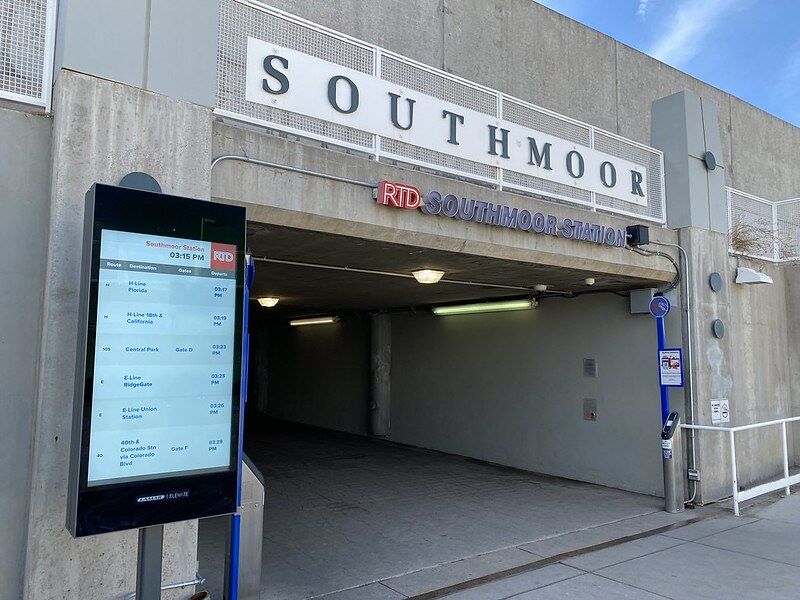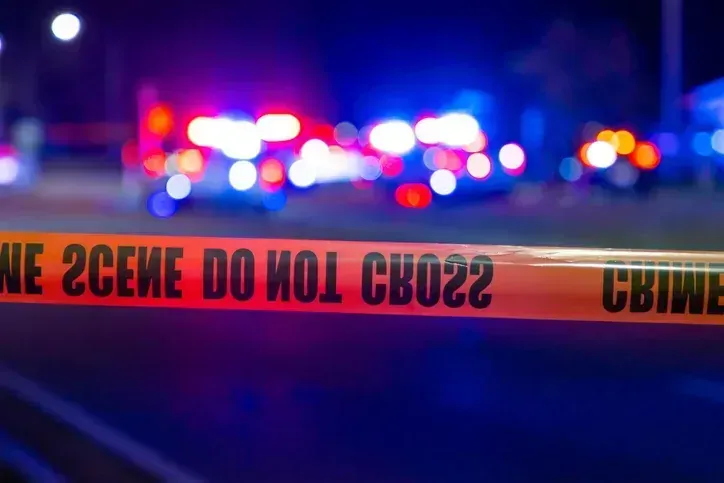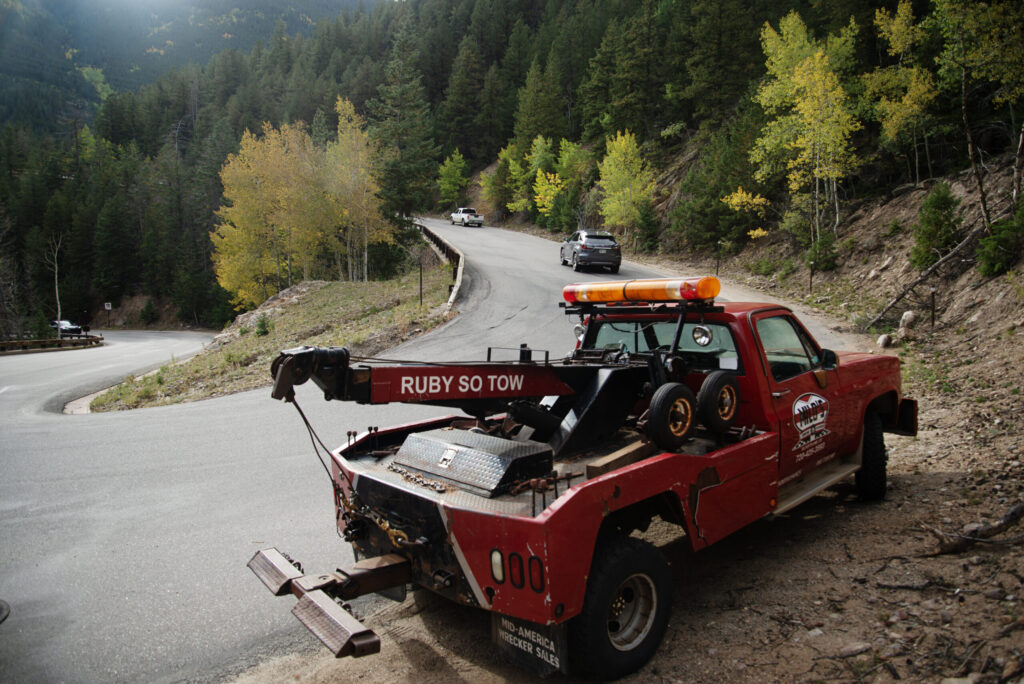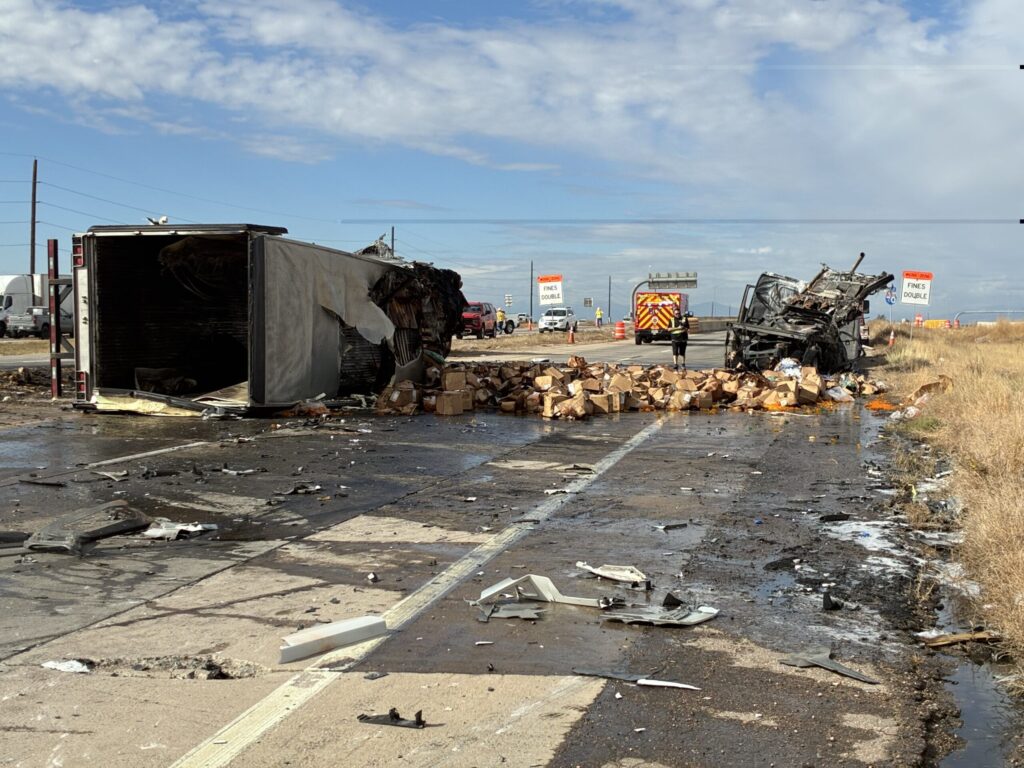RTD pilot program covers first mile of scooter costs to boost transit use
The Regional Transportation District (RTD) will pay for the first mile of Bird and Lime scooter and e-bike rides to two Denver-area light rail stations under a new pilot program launching this winter.
The program is the work of a University of Denver graduate school student that aims to address a key barrier to public transit.
The First Mile Free pilot program will subsidize the first mile of rides to and from the University of Denver and Decatur-Federal light rail stations through 2026 and 2027, with RTD investing more than $60,000 annually through its partnership program. The West Corridor Transportation Management Association received $61,277 from RTD annually for the two-year initiative.
Joel Cox, a University of Denver graduate student studying environmental policy who conceived the program, said the idea emerged from his own transportation challenges.
“I live about one mile from the University of Denver Station,” Cox said. “Most days, that’s just too far of a walk. I could drive and park there, but that feels like it’s defeating the purpose of public transit.”
The program addresses a significant access issue in Denver, where data from the city’s 2019 transit plan shows just 25% of residents live within one mile of an RTD station. Cox cited additional research indicating that about 39% of people in the city identify access as their biggest barrier to using public transportation.
The pilot program emerged from Cox’s first graduate school assignment.
“Our first assignment was to come up with an idea that betters our public transportation system,” Cox said. To his knowledge, the model is a first of its kind.
“I am a little surprised it hasn’t been done before,” Cox said.
Under the program, riders will still pay the standard $1 unlock fee for Bird and Lime vehicles, but RTD will cover the cost of the first mile when trips end at the designated stations. The program also covers the first mile of return trips from the stations.
Michael Power, who also lives about a mile from the University of Denver Station and commutes downtown for work, welcomed the initiative.
“I think it’s a great idea,” Power said. “Walking to the train is hard every day.”
Power says he regularly uses micromobility devices to reach transit, noting the time savings.
“It takes 23 minutes to walk here and it takes six minutes to ride here,” he said. “I use the scooter and the bike depending on what’s available.”
Cox projects significant ridership increases from the program.
“We’re really shooting for a four or five times increase in the number of e-bikes or e-scooters that end at public transit stops at both of these two locations,” he said.
RTD spokesperson Cory Schmitt said the First Mile Free project exemplifies the goals of the agency’s partnership program, which launched in 2023.
“Innovative ideas such as the first mile free project that could help bridge that gap in an affordable and sustainable way is exactly the type of program and pilot project that RTD was looking to support through our partnership program,” Schmitt said.
This year marked the most money allocated in the partnership program to date, with $3 million in annual funding made available for up to three years of support, Schmitt said.
“The entire intent behind our partnership program was to give local jurisdictions and partners the ability to come up with innovative projects that really helped meet a need that they identified in their community’s mobility,” Schmitt added.
Cox expects the program to fund nearly 40,000 trips to transit while reducing emissions by 65% and encouraging safer, shorter micromobility trips that reduce sidewalk clutter.
“It’s a really efficient way to close this gap,” Cox said.
9NEWS is The Denver Gazette’s news partners.






